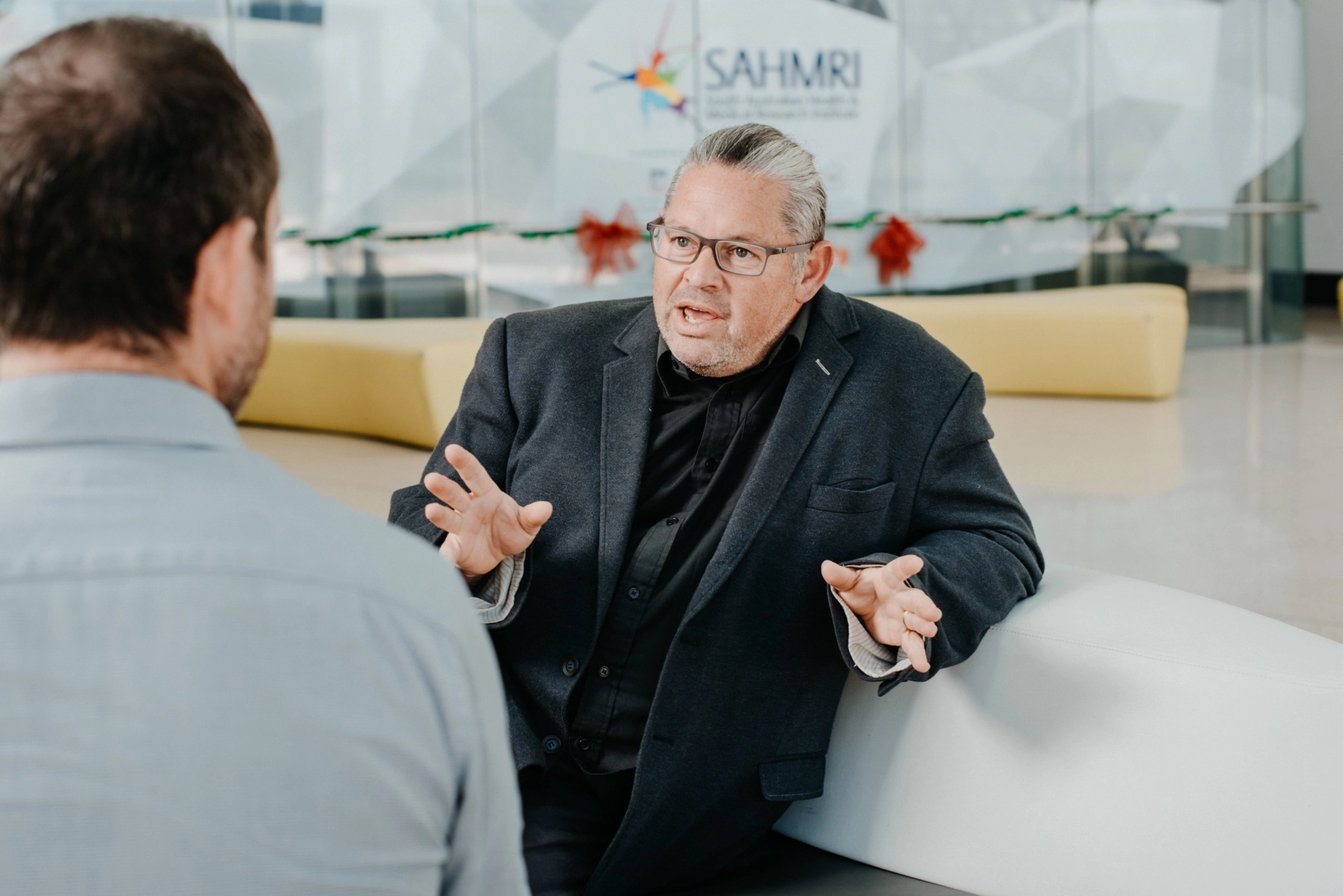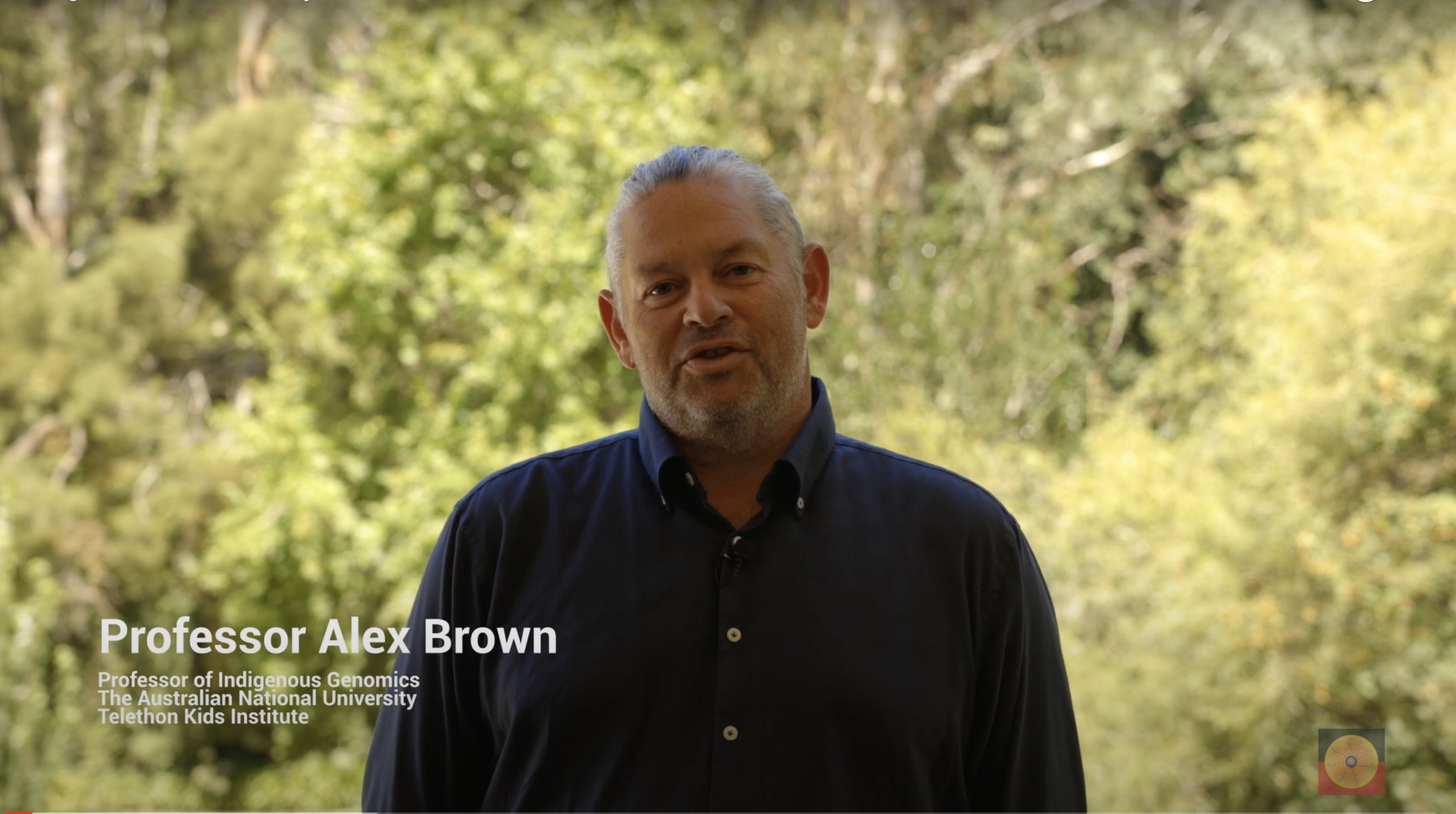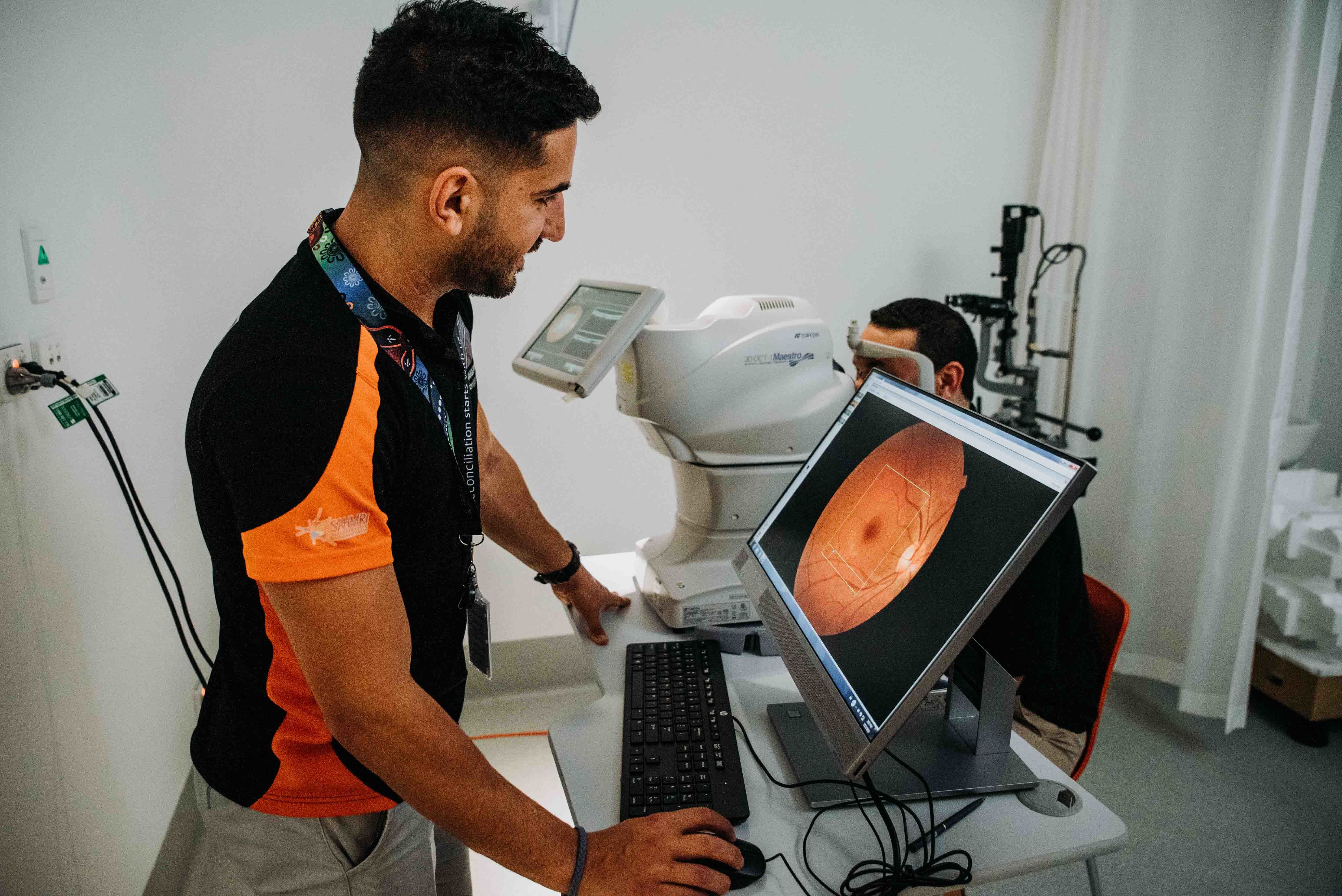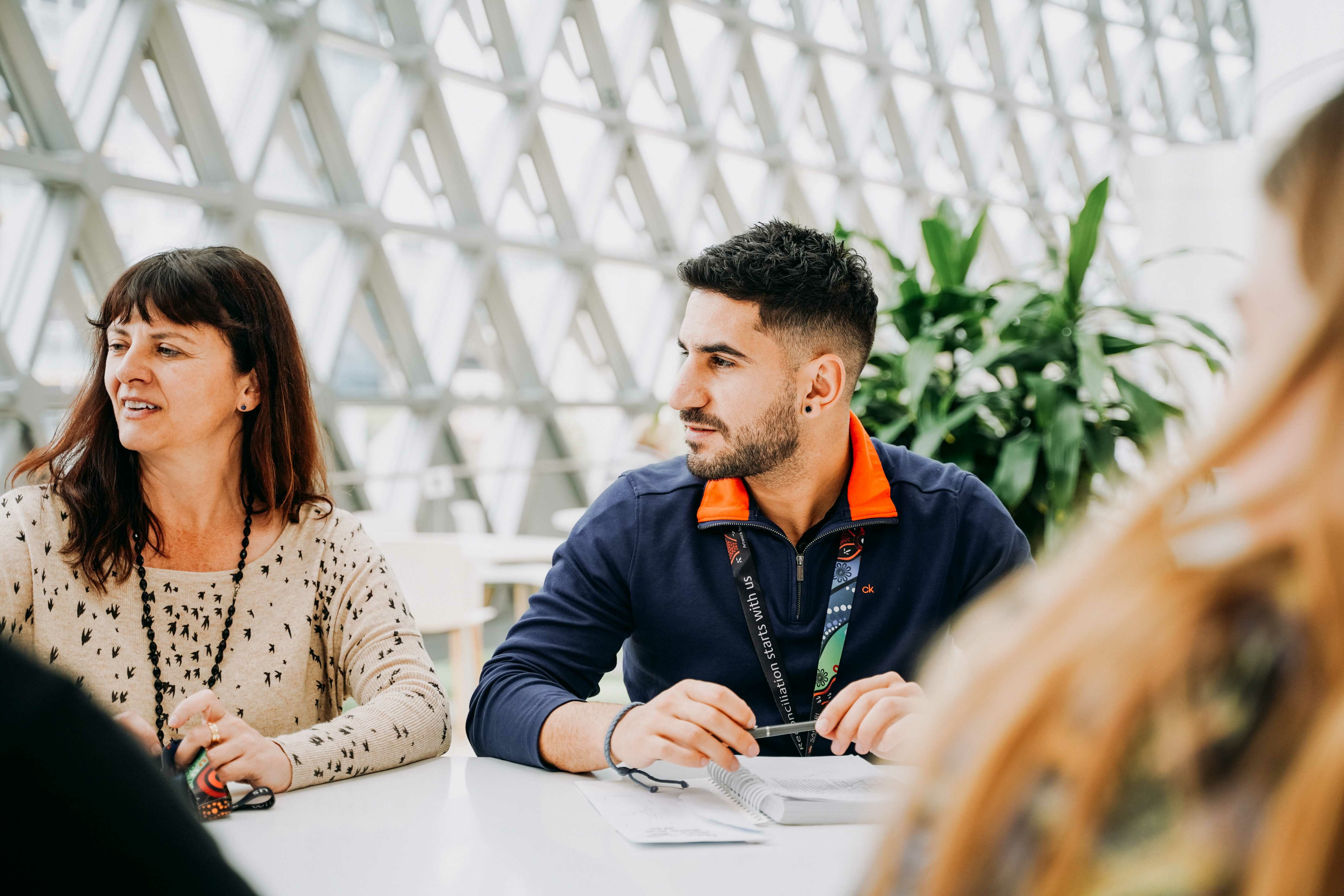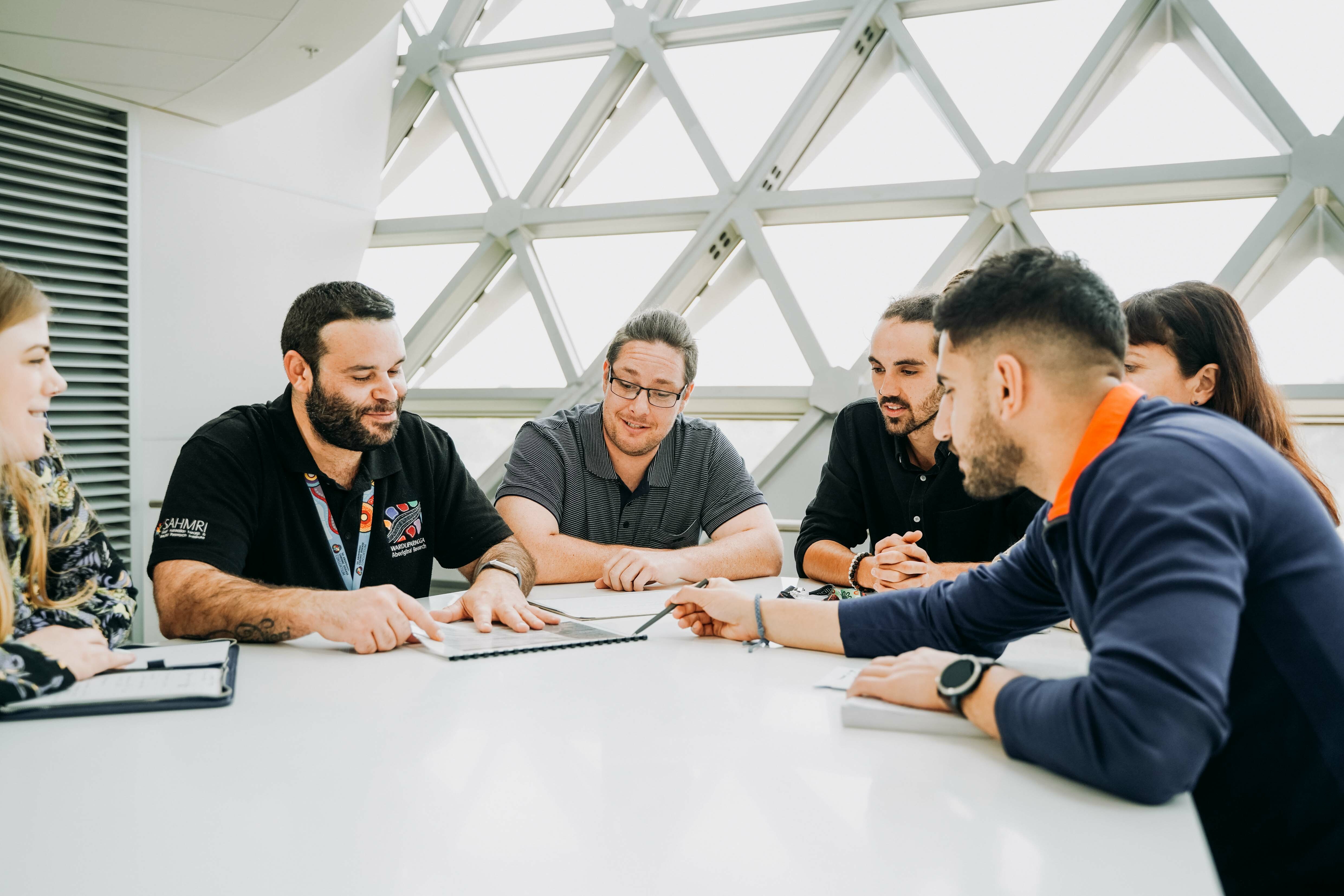About 50% of people over 50 will have type 2 diabetes in Aboriginal communities.
This is a big problem. This number is much higher than levels in other communities across the country.
The Aboriginal Diabetes Study is the largest, most comprehensive study of diabetes in Aboriginal Australians ever conducted. The aim of the Aboriginal Diabetes Study is to try and understand why Aboriginal people get type II diabetes at a much younger age, and why they experience associated complications such as kidney disease and blindness at a much younger age than non-Aboriginal Australians.
The study is looking for cues in blood, urine and other health information. These clues could be warning signs for scientists and doctors, telling them that diabetes or complication (such as blindness) are likely to occur in a person. The warning sign could be used to start health treatments, preventing or delaying disease and complications. The knowledge from this study will result in reduced burden of disease and symptoms and improved quality of life for Aboriginal people, having a major positive impact on individuals, families and communities.

The Aboriginal Diabetes Study is a longitudinal study, which means the same tests and information are collected on the same people, multiple times across the years of the study. This type of study allows the scientists to look for the causes of the disease and complications. When scientists better understand the specific causes of diabetes and complication in Aboriginal people, more effective prevention and treatments can be developed.
Before this study even started, the scientific team consulted with stakeholders and community to make sure the topic was important to South Australian Aboriginal people, and to make sure they would support it. The feedback was overwhelming; diabetes and complications were, and still are, of great importance to Aboriginal people.
Testing for the ADS in 23 metropolitan, regional and remote South Australian communities, started in 2016. In the first wave of testing, 1390 Aboriginal people participated. The second wave of testing started in 2021, but got interrupted by COVID restrictions. Wave 2 testing started again in 2022 and continued in 2023.
Study Partners
Point Pearce Community Council
Moorundi Aboriginal Community Controlled Health Service
John McVeity Centre
Pika Wiya Aboriginal Health Service
Tauondi College
Yadu Health
Scotdesco CEO
Tullawon Health Services
Hackham West Community Centre
Women’s Shed
Umoona Tjutagku Health Service
Pika Wiya Health Service Aboriginal Corporation
Nunyara Aboriginal Health Service
Port Lincoln Aboriginal Community Council
Maringga Turtpandi
Barmera Hospital + Berri Town Hall
Wonggangga Turtpandi
Muna Paendi
Pangula Mannamurna
Country Health SA: Gawler Health Service
SALHN: Aboriginal Health Services Clovelly Park and Noarlunga
For a full breakdown of study sites and their participant numbers for Wave 1, please see here.
If you'd like to know more, please email ads@sahmri.com.
Projects that make up the Aboriginal Diabetes Study
This project financed the purchase of an Afinion Point of Care Analyser to enable comprehensive point of care testing in the field, providing health information to participants in real-time. Funded by The Heart Foundation.
This project will trial a health pathway for diagnosis and management of obstructive sleep apnoea (condition where breathing stops and starts while asleep) with a group of participants form the Aboriginal Diabetes Study. The project is funded by the Flinders Foundation.
The main aim of this research is to identify the proteins that characterise type 2 diabetes and diabetic complications in the Aboriginal Australian who took part in the Aboriginal Diabetes Study. The project is supported by a Research Themes Investment Scheme grant from the University of South Australia.
